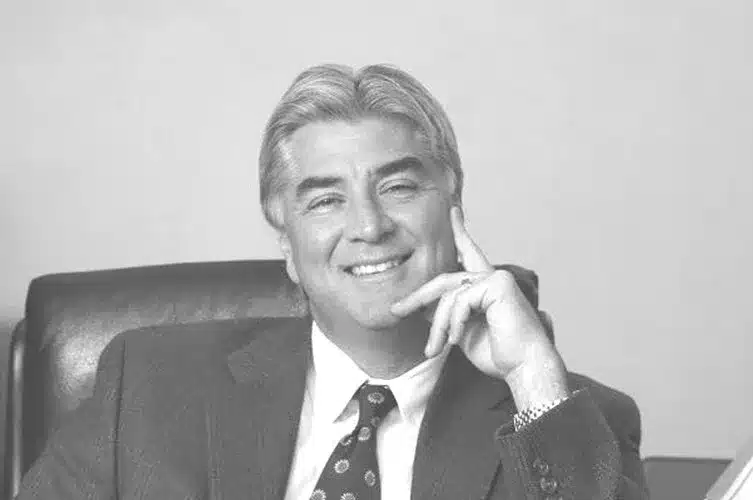Dickinson W. Richards (30 October 1895 – 23 February 1973) was an American physician who was awarded the Nobel Prize in Physiology or Medicine in 1956, along with André Cournand and Werner Forssmann, for their work in developing cardiac catheterization.
Life and Career
He was born on 30 October 1895, in Orange, New Jersey. He received his bachelor’s degree from Yale University in 1917.
Later, he received his M.A. in 1922 and M.D. in 1923 from the College of Physicians and Surgeons at Columbia University.
Later, he became a professor of medicine at Columbia University and the director of Presbyterian Hospital’s cardiovascular research lab.
From 1945 to 1961 he worked at Bellevue Hospital, New York City, where he met Cournand. Richards began working with Cournand and Forssmann on the development of cardiac catheterization, a technique that involves inserting a catheter into a blood vessel and threading it into the heart. This allowed doctors to measure the pressures within the heart and blood vessels, providing valuable information about the function of the heart and circulation.
Their work was initially met with skepticism, as the procedure was seen as risky and invasive. However, they persisted, and their work ultimately revolutionized the diagnosis and treatment of heart disease. Cardiac catheterization became a routine procedure and paved the way for the development of other important diagnostic and therapeutic techniques in cardiology.
He died on 23 February 1973 in Lakeville, Connecticut.
Award
He received the Nobel Prize in Physiology or Medicine in 1956, along with André Cournand and Werner Forssmann, for their work in developing cardiac catheterization.

